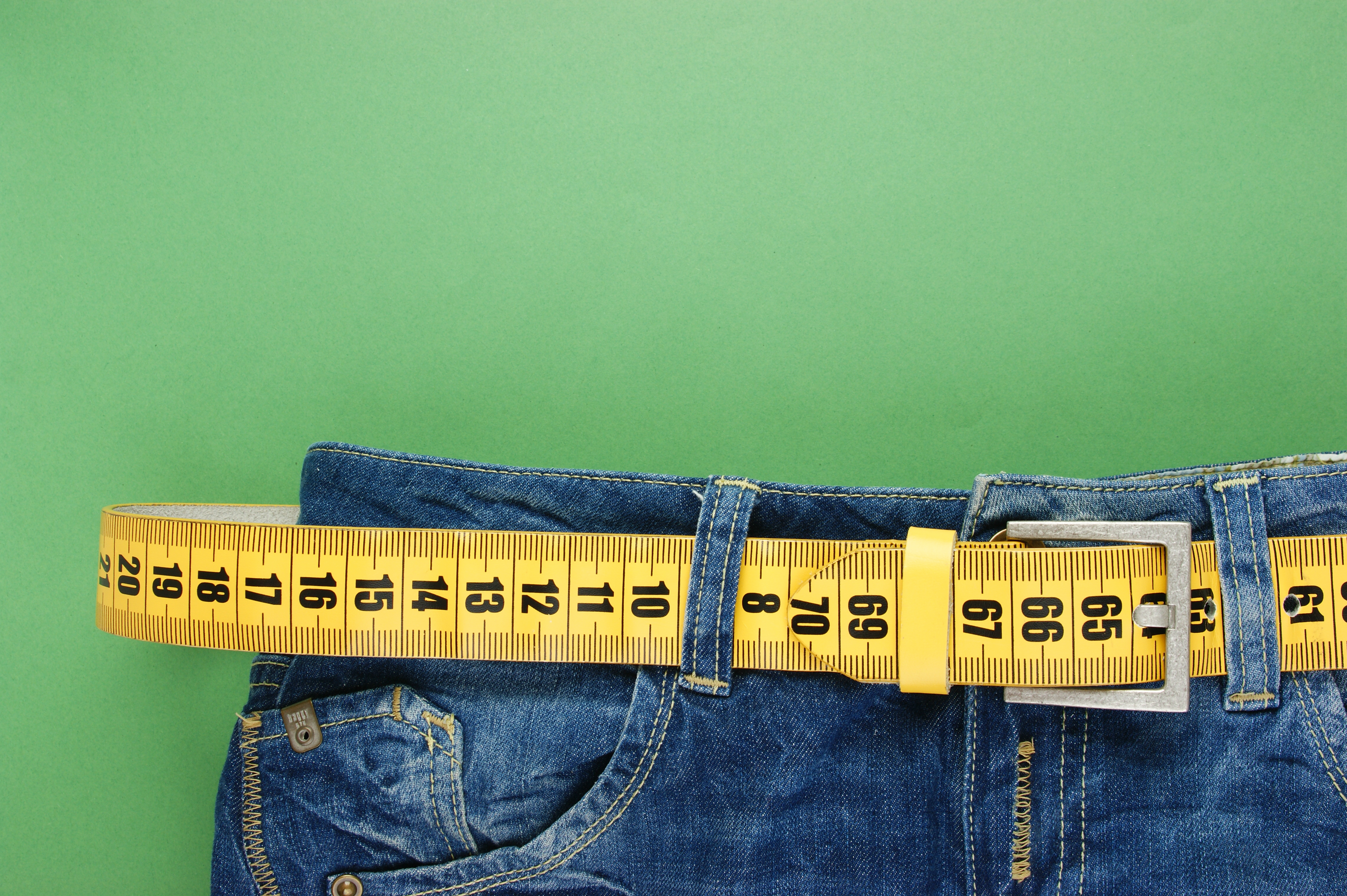
The "real" reality of weight loss is complex and unique to each individual. And the truth is that safe and sustainable weight loss takes time. But weight loss on "reality" television would lead you to believe that losing 50 or more pounds in just a few weeks is possible.
We can watch television programmes, such as The Bachelor or The Real Housewives, and recognise that what we are seeing is a contrived “reality.” But with programmes like The Biggest Loser, Fit to Fat to Fit and Extreme Weight Loss, the lines become blurred. The contestants are losing weight, so it must be real, right?
Eliza Kingsford, a licensed psychotherapist and certified personal trainer, says this skewed perception of what constitutes “successful” weight loss isn’t just wrong; it’s dangerous - especially to people desperate to lose weight.
I call it The Biggest Loser Effect, this idea that unless you’re losing enormous amounts of weight each week, you are failing, she says. “These programmes do a disservice to the public - and especially teens - because they don’t show the full story, and they foster a dangerous expectation.” Kingsford, who has worked with former weight loss reality show participants, says that behind the scenes contestants claim they sweat in saunas, exercise 6-8 hours per day and eat severely restricted diets. So while the quick and dramatic weight loss makes for entertaining television, these tactics cannot be sustained for long periods of time.
At Wellspring Camps, a leading provider of health and wellness camps for children, teens, young adults and families, the popularity of extreme weight loss television has required the staff to re-educate its campers and their parents about what healthy and realistic weight loss really looks like. Kingsford, who serves as executive director, recommends keeping these three things in mind before starting a weight loss journey as a family: Set expectations early. Gradual and steady weight loss, about two pounds per week, leads to greater success, according to the Centres for Disease Control and Prevention. While it’s natural for people to want to lose weight quickly, Kingsford says when you rush it, your efforts will backfire.
Consistency
The true measure of success is consistently engaging in healthy behaviours over time. This includes a diet of nutrient dense whole foods and incorporating exercise, she says. “At the very beginning, adjust your thinking that success means sticking to your daily goals for activity and behaviour, not a weight goal. Over time, with consistent behaviour change those numbers will add up, and you’ll have made long-term, sustainable changes.”
Don’t compare one person to another. The biological differences in our bodies - from gender, age, height, genetics and metabolism - all play a significant role in how much weight a person will lose and the rate at which they’ll lose it. That’s why Kingsford says weight loss shouldn’t be a competition, especially if you have children of the opposite sex trying to lose weight at the same time.
While some people enjoy a little healthy competition, when it comes to weight loss, men and women, and boys and girls, are not on a level playing field, she says. “It’s better to motivate one another through encouragement and support, not by comparing numbers on a scale.”
Recognise it’s a process. Kingsford says the key to losing weight is sustainability - finding activities you enjoy that also fit into your life and making healthier eating a part of your everyday routine. That’s not to say there won’t be a few bumps in the road. Habits are hard to break and, sometimes, you reach for a cookie when you know an apple is a better choice, but that’s OK. Own your decisions, accept them and let them go, Kingsford says. “Make a commitment to yourself that your next decision will be in line with your goals. When you beat yourself up, it’s easy to throw in the towel and undo all the hard work you’ve already put in, plus it doesn’t get you any closer to your goals.”